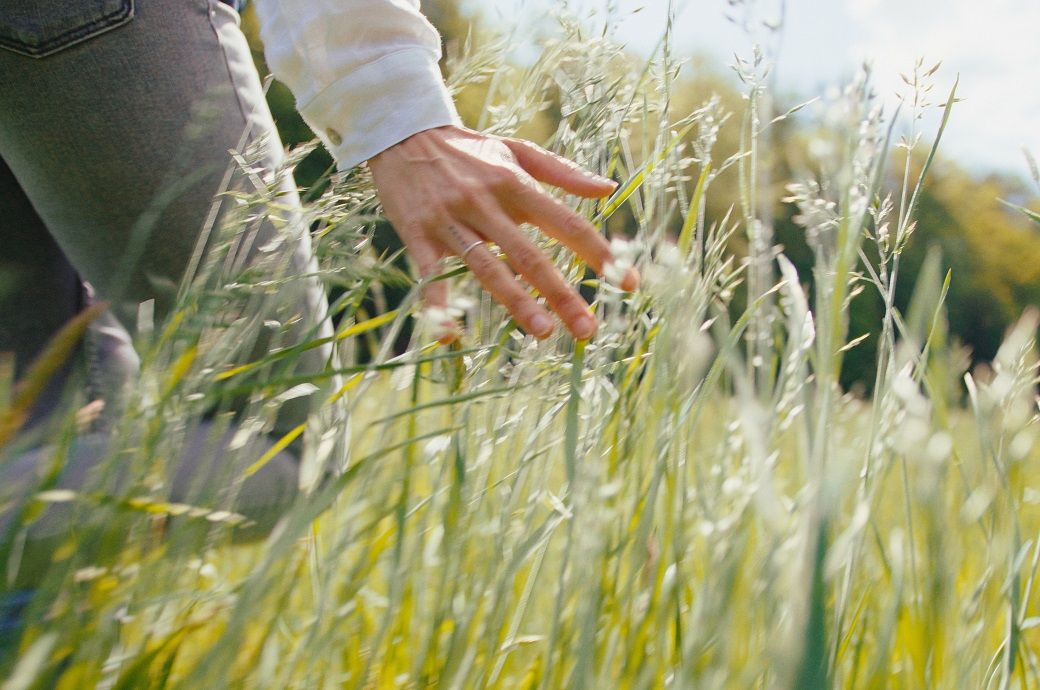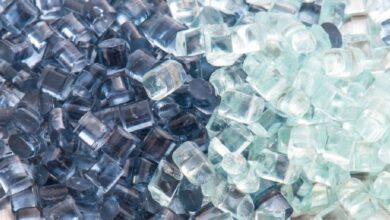Switzerland’s OEKO-TEX releases new regulations for 2024

Creating trust within the textile and leather industry and for its customers is the mission of OEKO-TEX. Since trust is based on consistently high quality, the OEKO-TEX Association is again publishing updates to the applicable test criteria, limit values and guidelines for its certifications.
OEKO-TEX has released updated regulations effective in 2024.
Changes involve PFAS limit, microplastics control (STeP standard), ZDHC partnership and stringent leather traceability.
Additionally, the ORGANIC COTTON certification now requires less than five percent GM material, and the inclusion of new SVHCs in various certification limit value catalogues.
Based on new scientific findings and legal developments, the OEKO-TEX Association has published the annual updates to its test criteria, limit values and guidelines. With one exception, the new regulations will come into force on April 1, 2024, after the regular transition period. For the ban on intentional use of PFAS, a new limit value for total fluorine (TF) is effective as of January 1, 2024, replacing the previous parameter for extractable organic fluorine (EOF). Other criteria for microplastics, GMOs and SVHC alignment have been added.
PFAS – New limit value for the total fluorine content
With the widespread use of PFAS and potential impact on human health and the environment, rapid adjustments are required. OEKO-TEX has replaced the extractable organic fluorine (EOF) method with total fluorine. The new limit value of 100 mg/kg affects OEKO-TEX STANDARD 100, ECO PASSPORT, LEATHER STANDARD and ORGANIC COTTON as of January 1, 2024. This update enables all OEKO-TEX certifications to remain compliant with the U.S. regulations on PFAS.
OEKO-TEX STeP: Avoiding release of microplastics
The updated OEKO-TEX STeP standard will require certified production facilities to mitigate and prevent the release of microplastics from manufacturing processes through active risk identification and management. Microplastics (synthetic fibres less than five millimetres in length) pollution threatens aquatic ecosystems, marine organisms and human health. Microplastics can be released from textiles and clothing during both laundering and production. By addressing the complex challenges posed by microplastics at every stage of the production process, the STeP standard aims to foster a harmonious collaboration between industrial practices and environmental preservation and support and create a call to action for STeP certified facilities.
OEKO-TEX STeP: Further cooperation with ZDHC
OEKO-TEX and ZDHC (Zero Discharge of Hazardous Chemicals Program) continue to increase their collaboration. In 2024, OEKO-TEX STeP certified companies will receive new discounts for the ZDHC Supplier to Zero Program:
– ZDHC Foundation Level (Level 1) – Fee waived for STeP certified facilities.
– ZDHC Progressive Level (Level 2) – 50% discount for STeP certified facilities.
Certified STeP companies wishing to participate should contact their OEKO-TEX testing institute.
OEKO-TEX LEATHER STANDARD: Traceability of leather materials
In line with the new European Union (EU) regulation on deforestation-free supply chains, the OEKO-TEX LEATHER STANDARD will increase emphasis on the traceability of leather materials and require proof of origin for materials. Worldwide, an area larger than the EU has been deforested over the last three decades. The EU Deforestation-free Regulation (EUDR) (Regulation (EU) 2023/1115), adopted in summer 2023, includes strict due diligence obligations for companies placing certain raw materials and products on – or exporting from – the European market.
OEKO-TEX ORGANIC COTTON: Adjustment of the limit values for genetically modified cotton
The OEKO-TEX ORGANIC COTTON certification is aimed at reliable labelling of organic cotton textiles. After qualitative DNA analysis determines if a sample contains genetically modified cotton, quantification shows the proportion of genetically modified cotton. In addition to testing for harmful substances, OEKO-TEX ORGANIC COTTON will require less than five percent genetically modified material, a decrease from the previous limit of ten percent. The new limit value still accounts for unavoidable impurities.
Updates in the limit value catalogues
New substances of very high concern (SVHC) were added to the limit value catalogues for the STANDARD 100, LEATHER STANDARD, ORGANIC COTTON and ECO PASSPORT certifications. For example, Bis(4-chlorophenyl) sulphone and the solvent 1,4-dioxane can have serious effects on human health and the environment.
Note: The content of this press release has not been edited by Fibre2Fashion staff.
Fibre2Fashion News Desk (HU)





